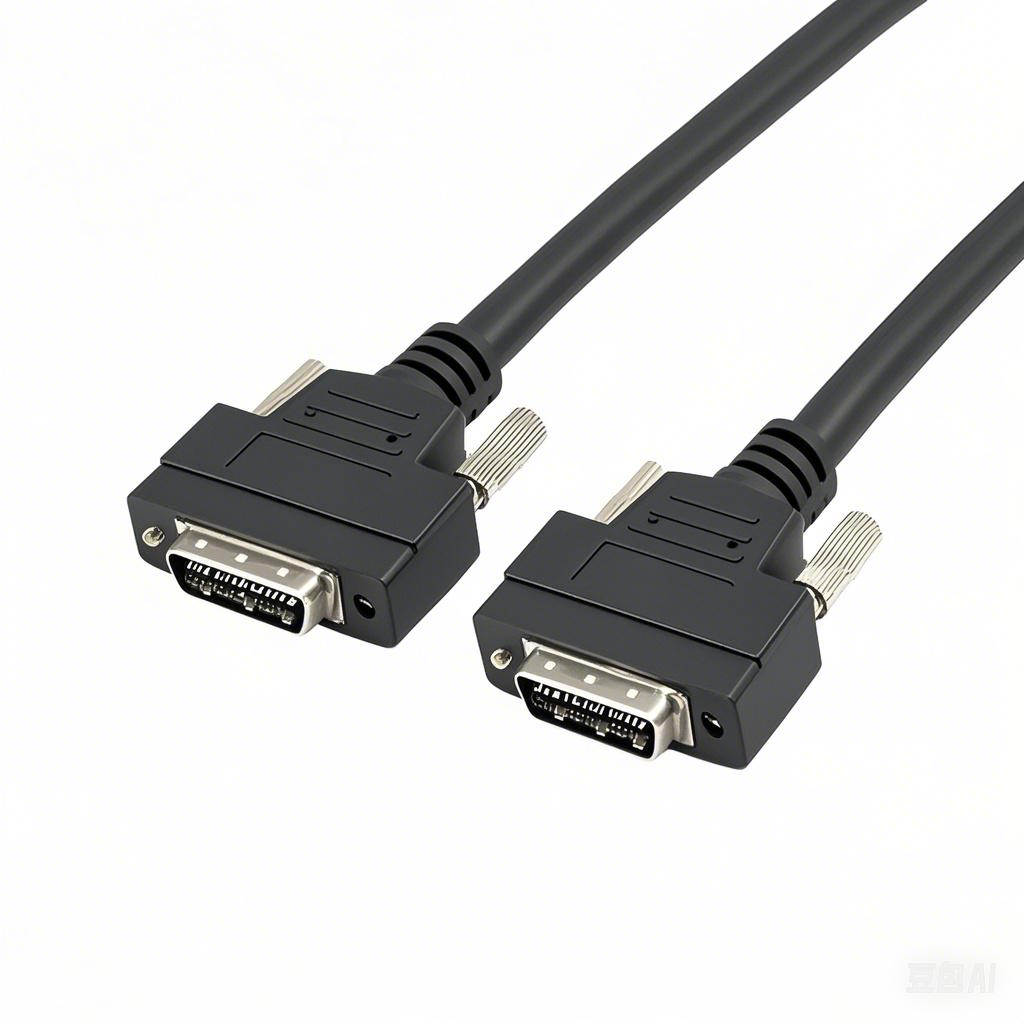Can machine cable be used outdoors
Whether machine cables can be used outdoors is a common concern, and the answer depends on multiple factors related to the cable’s design, material properties, and the specific outdoor environment.
Machine cables are primarily designed for indoor industrial environments, where they are protected from harsh weather conditions. However, some machine cables with special constructions can be used outdoors under certain circumstances. The key lies in their ability to resist environmental factors such as moisture, ultraviolet (UV) radiation, temperature extremes, and chemical exposure.
Moisture is a major threat to cables. Outdoor cables must have excellent water resistance. Cables with waterproof jackets, such as those made of cross-linked polyethylene (XLPE) or ethylene propylene diene monomer (EPDM) rubber, can prevent water from penetrating the conductor, avoiding short circuits and corrosion.
UV radiation from sunlight can degrade cable insulation and jackets over time, leading to cracking and reduced performance. Machine cables intended for outdoor use often have UV-stabilized materials in their jackets and insulation. These additives slow down the degradation caused by UV rays, extending the cable’s service life.
Temperature fluctuations are another challenge. Outdoor temperatures can vary widely, from extreme heat in summer to freezing cold in winter. Cables used outdoors need to withstand these changes without becoming brittle in the cold or melting in the heat. Materials like silicone rubber or certain types of PVC with good temperature resistance are suitable for such conditions.
Chemical exposure is also a consideration in some outdoor environments, such as industrial areas or near agricultural fields. Cables may come into contact with fertilizers, pesticides, oils, or other chemicals. Cables with chemical-resistant jackets, such as those made of polyurethane (PU), can resist the corrosive effects of these substances.
It should be noted that not all machine cables are suitable for outdoor use. Standard machine cables without the above-mentioned protective features may quickly fail when exposed to outdoor conditions. Therefore, when planning to use machine cables outdoors, it is crucial to check the cable’s specifications. Look for labels or documentation indicating that the cable is rated for outdoor use, with features like UV resistance, water resistance, and temperature tolerance.
In addition to the cable’s inherent properties, proper installation and protection can also enhance its outdoor performance. For example, burying cables underground in conduit can protect them from physical damage and UV radiation. Using cable trays or enclosures can shield them from direct sunlight and harsh weather.
In conclusion, machine cables can be used outdoors, but only those specifically designed and constructed to withstand outdoor environmental factors. By selecting cables with appropriate materials and protective features, and ensuring proper installation, machine cables can function reliably in outdoor settings.











